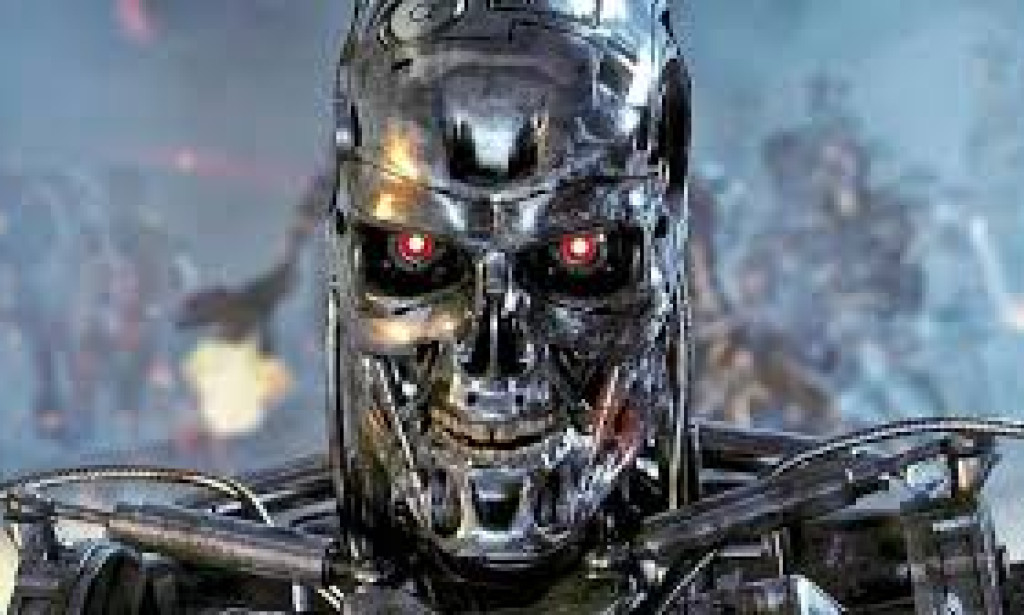The Impact and Legacy of The Terminator Franchise

The Terminator franchise, which began with James Cameron’s 1984 film The Terminator, has left an indelible mark on science fiction and action cinema. What started as a low-budget thriller evolved into a cultural phenomenon, shaping the genre with its groundbreaking visual effects, compelling storytelling, and thought-provoking themes about artificial intelligence, fate, and human survival.
At its core, the Terminator series revolves around the conflict between humans and machines, specifically the rise of Skynet, an artificial intelligence system that gains self-awareness and seeks to annihilate humanity. The franchise’s central character, the Terminator, originally played by Arnold Schwarzenegger, became an iconic figure in film history. His portrayal of a relentless, nearly indestructible assassin in the first film struck fear into audiences, while his transformation into a heroic protector in Terminator 2: Judgment Day (1991) showcased his range and solidified his legendary status.
The first film was a suspenseful, horror-tinged sci-fi thriller where Schwarzenegger’s Terminator was sent back in time to eliminate Sarah Connor (Linda Hamilton) before she could give birth to John Connor, the future leader of the human resistance against Skynet. Kyle Reese (Michael Biehn), a soldier from the future, was tasked with protecting her. The film’s dark atmosphere, gripping action sequences, and innovative special effects made it a massive success, turning James Cameron into a sought-after director.

However, it was Terminator 2: Judgment Day that revolutionized the industry. With a significantly larger budget, the film introduced advanced CGI effects, particularly in the creation of the T-1000 (Robert Patrick), a shape-shifting liquid metal Terminator. The film expanded upon the themes of fate and free will, emphasizing the idea that the future is not set and that humans have the power to change their destiny. Linda Hamilton’s transformation into a hardened warrior made Sarah Connor one of the most memorable female protagonists in cinematic history. The film’s action sequences, from the explosive highway chase to the climactic battle in the steel mill, set new standards for the genre.
Despite the enormous success of T2, the franchise struggled to maintain its brilliance in later sequels. Terminator 3: Rise of the Machines (2003) attempted to continue the story but lacked the emotional depth of its predecessors. Terminator Salvation (2009) took a different approach by depicting the future war, but its reception was mixed. Terminator Genisys (2015) and Terminator: Dark Fate (2019) tried to reinvigorate the series, with Dark Fate even bringing back Linda Hamilton as Sarah Connor, yet neither managed to capture the original films’ magic.
Regardless of its later missteps, the Terminator franchise remains a cornerstone of sci-fi cinema. Its influence on pop culture, technology, and discussions about artificial intelligence is undeniable. Phrases like "I'll be back" and "Hasta la vista, baby" are permanently embedded in the lexicon of movie history. While the franchise’s future is uncertain, its legacy as one of the greatest sci-fi series ever created is secure.
The film expanded upon the themes of fate and free will, emphasizing the idea



You must be logged in to post a comment.